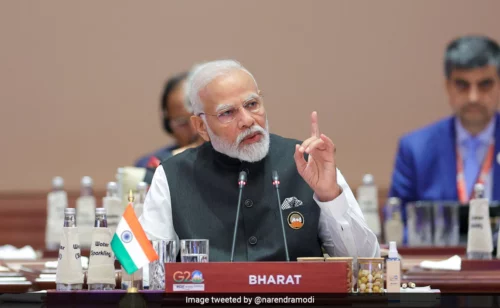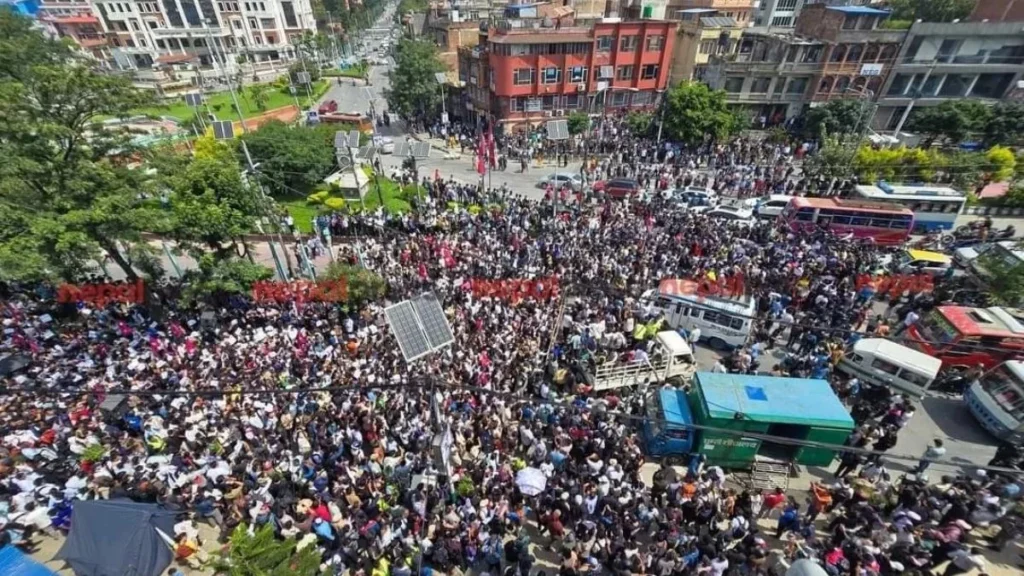Rama Krishna Sangem
PM Modi and leader of European Union have pledged this week to seal their much-awaited free trade deal by December with Prime Minister Narendra Modi and the 27-nation bloc’s top leaders Antonio Costa and Ursula von der Leyen pledging to promoting a rules-based global order, amid Washington’s disruptive trade policies.
In a joint phone call with Costa and von der Leyen, Modi reiterated India’s consistent support for peaceful resolution of the Ukraine conflict and early restoration of peace and stability. The leaders underlined the role of the India-EU strategic partnership in jointly addressing global issues, fostering stability, and promoting a rules-based order for mutual prosperity, an Indian readout said.
Earlier, Union Commerce and Industry Minister Piyush Goyal said on Tuesday that the Free Trade Agreement (FTA) negotiations between India and the European Union have reached an advanced stage and that both the parties are making significant progress.
“We have reached a very advanced stage in our FTA with the European Union. The Commerce Secretary, as we speak, is in a meeting in Brussels with his counterpart, the DG of the EU. Their team is coming down later this week and will be in active negotiation with us. Minister trade commissioner Maros Sefcovic (European Commissioner for Trade and Economic Security) is coming down on the 12th of this month and we are making very active and significant progress”, Goyal said.
FTA by end of 2025
It is expected that the FTA will conclude by the end of this year. Last month, India said that both the countries engaged in a forward-looking and substantive dialogue addressing global trade challenges to reaffirm their resolve to finalise the India-European Union FTA by the end of 2025.
The European Union (EU) is one of the world’s largest trading blocs and the FTA is a significant step to strengthen economic ties on both sides. The agreement will reduce trade barriers, enhance market access, and create new opportunities for businesses. An early FTA with EU is expected to make up for the loss of exports to the US, due to high tariffs.


